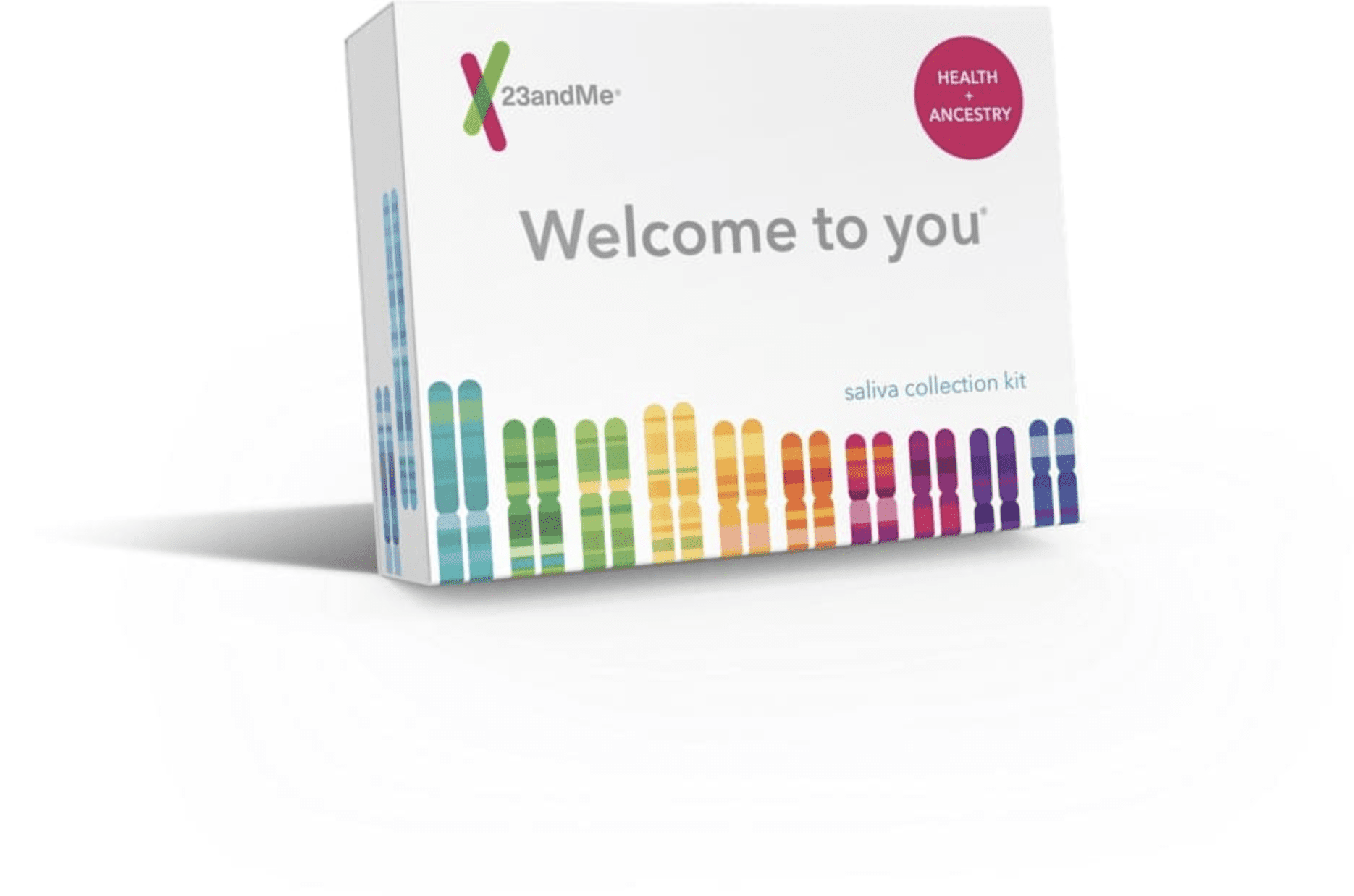Let's talk aboutFamilial Dysautonomia
What is familial dysautonomia?
Familial dysautonomia is a rare genetic disorder that affects many different areas of the body. It is characterized by severe dysfunction in different parts of the nervous system that control movement, the senses, and involuntary (automatic) functions.
The genetics behind familial dysautonomia
Familial dysautonomia is caused by variants in the ELP1 gene. The ELP1 gene contains instructions for making a protein called elongator complex protein 1 (ELP1). This protein plays a role in reading information from genes, especially those needed for cell movement and structure. Certain variants in the ELP1 gene result in too little ELP1 protein, especially in the brain. A person must have two variants in the ELP1 gene in order to have this genetic condition. People with just one variant in the ELP1 gene are called carriers. They’re not expected to have familial dysautonomia themselves, but they could pass their variant on to their future children.
What are the symptoms of familial dysautonomia?
Symptoms of familial dysautonomia are typically present at birth. Typical signs and symptoms include episodes of involuntary nerve impairment, motor and sensory nerve impairment, poor growth, and development delay.
Did you know?
Familial dysautonomia is most common in people of Ashkenazi Jewish descent.
Learn more
The 23andMe Familial Dysautonomia Carrier Status report* can tell you whether you may be a carrier for familial dysautonomia. Being a carrier means you have a genetic variant that you could pass down to your future children. 23andMe tests for one variant in the ELP1 gene linked to familial dysautonomia, and the report is most relevant for people of Ashkenazi Jewish descent. 23andMe does not test for all possible genetic variants linked to familial dysautonomia, and individuals who have zero variants detected still have a chance of being a carrier for familial dysautonomia.
The Familial Dysautonomia Carrier Status report is included in the 23andMe Health + Ancestry Service.

Health + Ancestry Service
*The 23andMe PGS test uses qualitative genotyping to detect select clinically relevant variants in the genomic DNA of adults for the purpose of reporting carrier status and reporting and interpreting genetic health risks. The relevance of each report may vary based on ethnicity. Our carrier status reports can be used to determine carrier status, but cannot determine if you have two copies of any genetic variant. These carrier reports are not intended to tell you anything about your risk for developing a disease in the future or anything about the health of your fetus, or your newborn child’s risk of developing a particular disease later in life. For certain conditions, we provide a single report that includes information on both carrier status and genetic health risk. The Familial Dysautonomia Carrier Status report is indicated for the detection of one variant in the ELP1 gene and is most relevant for people of Ashkenazi Jewish descent. For important information and limitations regarding carrier status reports, visit https://www.23andme.com/test-info/.
References
Shohat M et al. (2003). “Familial Dysautonomia.” [Accessed Aug 28, 2020].